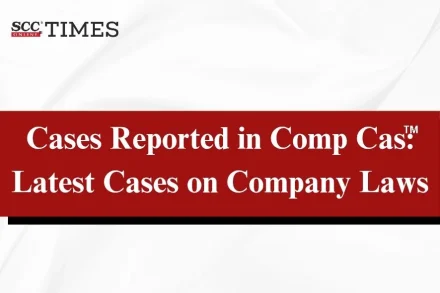
Cases Reported in Comp Cas| Latest Cases on Company Laws
Explore the latest cases reported in SCC’s Company Cases (Comp Cas) Volume on Insolvency Resolution, Winding up and Liquidation, Moratorium, Dissolution of Company, and much more.

Explore the latest cases reported in SCC’s Company Cases (Comp Cas) Volume on Insolvency Resolution, Winding up and Liquidation, Moratorium, Dissolution of Company, and much more.
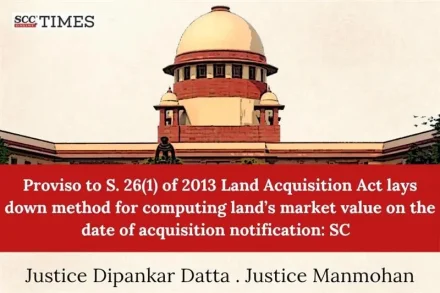
“Legislative intent behind proviso to Section 26(1) is to ensure that the landowners receive fair compensation reflective of the market value prevailing at the time of acquisition”.
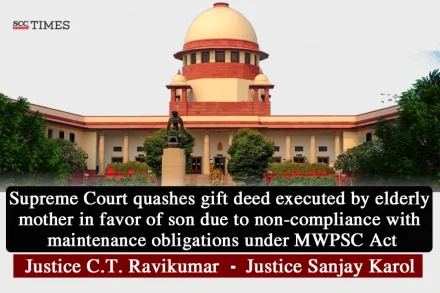
Supreme Court reiterated that it is a social obligation for both sons and daughters to maintain their parents when they are unable to do so.
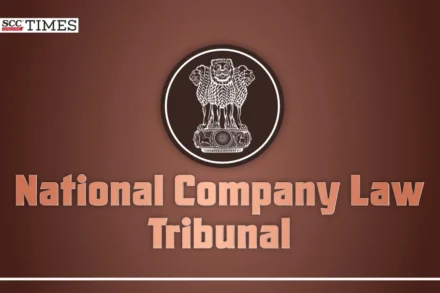
“A provision vesting “inherent powers” on a Court or Tribunal are to be used sparingly and should not be used to imply and read in substantive powers where the statue itself does not prescribe such powers.”
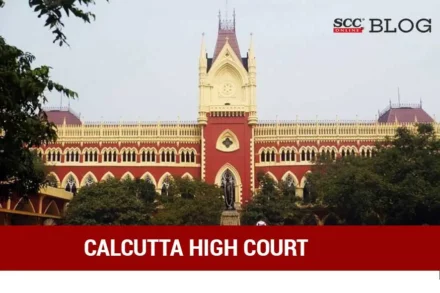
Calcutta High Court rejected the arguments regarding the discretionary nature of the provision and upheld the mandatory language of Section 44(1)(c) of the Prevention of Money Laundering Act, 2002.
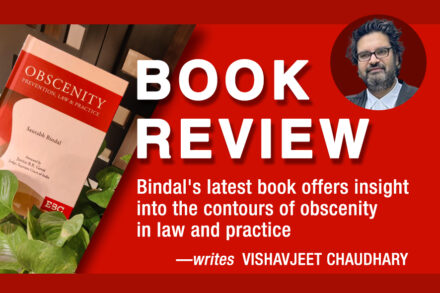
Latest addition to the landscape of jurisprudence around obscenity laws in India is Saurabh Bindal’s convincing read titled Obscenity: Prevention, Law and
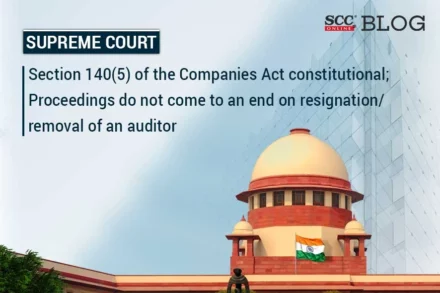
Supreme Court observed that if the interpretation that once an auditor resigns, the proceedings under Section 140(5) stand terminated and are no longer further required to be proceeded, an auditor may resign to avoid Tribunal’s final order and its consequence as provided under the second proviso to Section 140(5).
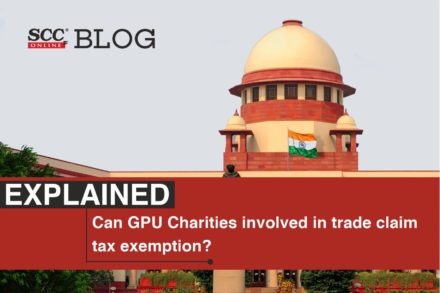
Supreme Court: Interpreting the proviso to Section 2(15) of the Income Tax Act, 1961 (IT Act) introduced by amendment w.e.f. 01.04.2009, the
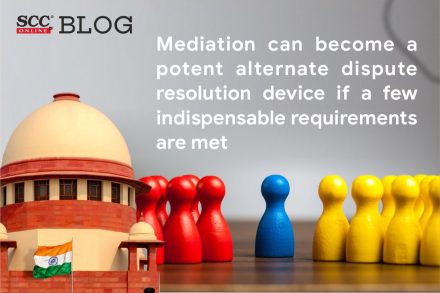
Supreme Court: In a case relating to pre-litigation mediation in commercial disputes, the bench of KM Joseph* and Hrishikesh Roy, JJ has

Supreme Court: The bench of KM Joseph and Hrishikesh Roy, JJ has held that the statutory pre-litigation mediation under Section 12A of
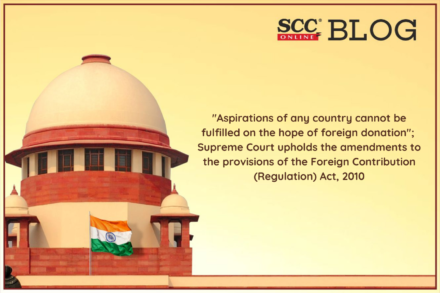
Supreme Court: In a major win for the Union of India, the 3-judge bench of AM Khanwilkar*, Dinesh Maheshwari and CT Ravikumar,
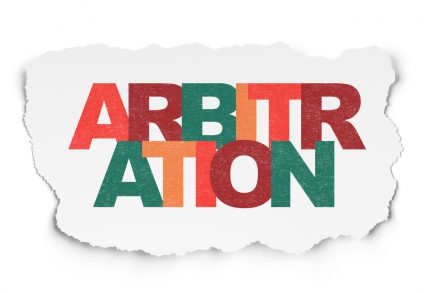
by Anhad S. Miglani & Shaurya Punj*

Supreme Court: The 3-judge bench of Ranjan Gogoi, CJ and Deepak Gupta and Sanjiv Khanna, JJ has held that the power of
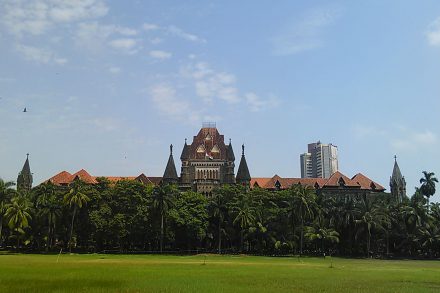
Bombay High Court: Rohit B. Deo, J. allowed a criminal appeal filed against the judgment of the Additional Sessions Judge whereby the appellant

Bombay High Court: A Single Judge Bench comprising of Rohit B. Deo, J. quashed the order of the trial court whereby plaintiff’s

Supreme Court: The bench of Ranjan Gogoi and Navin Sinha, JJ held the exercise of revisional power under Section 40 of the

Supreme Court: In the matter where the first proviso to Rule 3(2)(c) of the Karnataka Value Added Tax Rules, 2005 was being
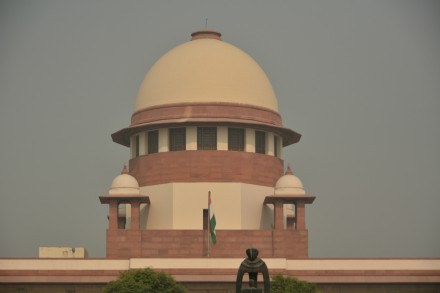
Supreme Court: In a petition highlighting the plight of the members of Scheduled Castes and Scheduled Tribes, the Court noticed that there